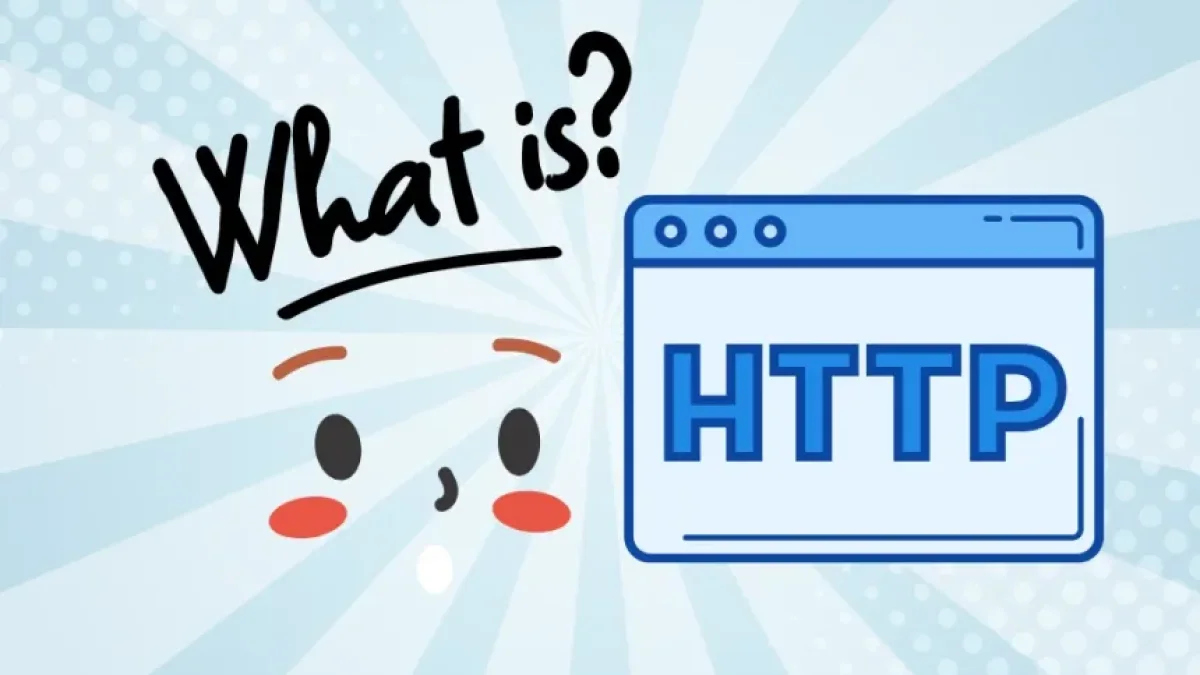Differences Between HTTP and HTTPS Why Your Site Should Be Secure


In today's digital age, website security is more important than ever. As the amount of sensitive information shared online continues to grow, the need to protect that data is paramount. Two terms that are essential in this conversation are HTTP and HTTPS. This article examines the differences between these two protocols and why your website should use HTTPS.
What is HTTP?
HTTP (HyperText Transfer Protocol) is the fundamental protocol used for data transfer on the web. It enables communication between the user's browser and the server that hosts the website. All modern browsers use HTTP to request and receive resources like web pages, images, and videos.
Features of HTTP
- Unsecured Transmission: The main characteristic of HTTP is that it transmits information in plain text. This means that any information exchanged between the browser and the server can be easily intercepted by third parties.
- No Encryption: Since HTTP does not encrypt information, it is susceptible to "man-in-the-middle" (MitM) attacks, where an attacker can intercept and manipulate communication between the user and the website.
What is HTTPS?
HTTPS (HyperText Transfer Protocol Secure) is the secure version of HTTP. It uses an additional protocol called SSL (Secure Sockets Layer) or its successor, TLS (Transport Layer Security), to encrypt information before it is sent between the browser and the server.
Features of HTTPS
- Encryption: HTTPS encrypts the information transmitted, making it significantly more difficult for attackers to intercept and read the data.
- Authentication: HTTPS helps ensure that the user is connected to the correct server, protecting against phishing attacks.
- Data Integrity: The encryption also ensures that the data is not altered during transmission, providing greater confidence in the information received.
Key Differences Between HTTP and HTTPS
Security
The most noticeable difference between HTTP and HTTPS is the level of security offered. HTTP is insecure and can be vulnerable to attacks, while HTTPS provides a much higher level of security through data encryption.
SEO and Ranking
Google has indicated that HTTPS is a ranking factor. Websites using HTTPS may have an advantage in search results, which can lead to increased visibility and traffic.
User Trust
Modern browsers mark websites using HTTP as "not secure." This can deter users from interacting with your site, potentially negatively affecting the conversion rate. On the other hand, HTTPS sites typically convey trustworthiness, enhancing the user experience.
Performance
Historically, HTTPS was thought to be slower than HTTP. However, with advancements in technology and the adoption of HTTP/2, the difference in speed has drastically reduced, making HTTPS equal to or sometimes faster than HTTP.
Read also
Why Your Site Should Be Secure?
Protection of Sensitive Data
If your website handles personal information, such as contact details, credit card numbers, or login information, implementing HTTPS is crucial. Encrypting this information protects your users and your business.
Regulatory Compliance
In many countries, the collection and handling of personal data are regulated by laws such as GDPR in Europe. Using HTTPS not only enhances security but also helps comply with these regulations.
SEO Improvement
As mentioned earlier, Google favors HTTPS sites in its search results. By implementing HTTPS, you not only protect your users but also improve your position in search engines.
Building Trust
Trust is a vital factor in online commerce. When users see the green lock in the address bar, they know that their information is secure. This can facilitate interactions and transactions on your website.
Conclusion
Transitioning from HTTP to HTTPS is crucial for any website that wants to provide a secure and trustworthy experience for its users. It not only improves security but can also boost customer trust and optimize search rankings. In a world where cyber threats are increasingly common, there is no reason to overlook the importance of HTTPS. Make the transition today and ensure the protection of your data and your users.



















